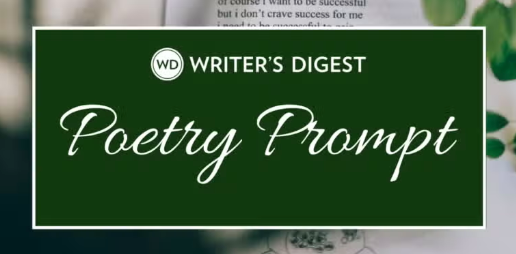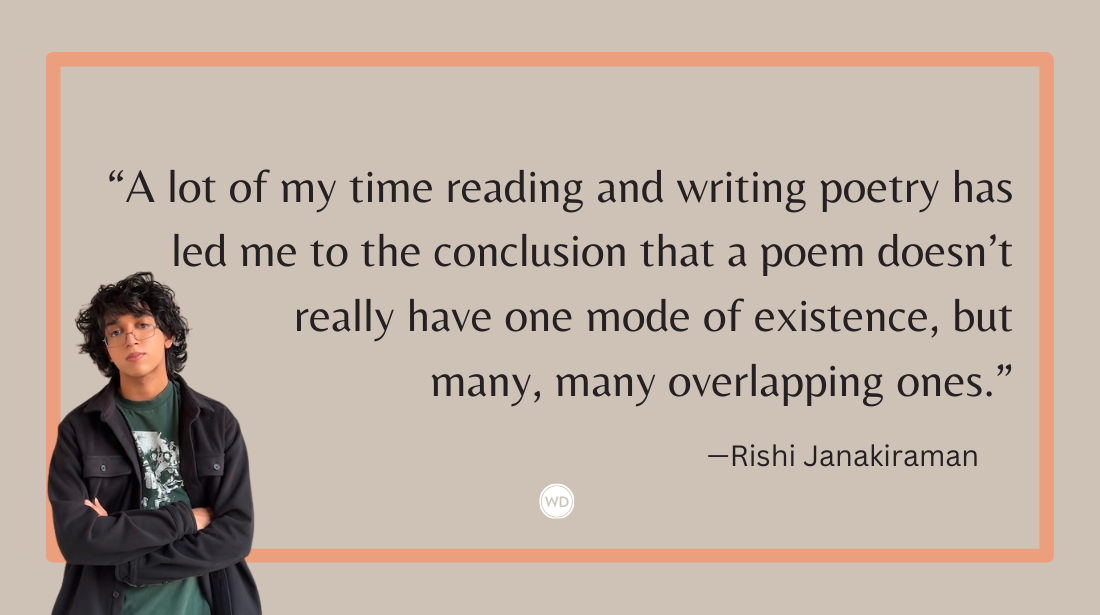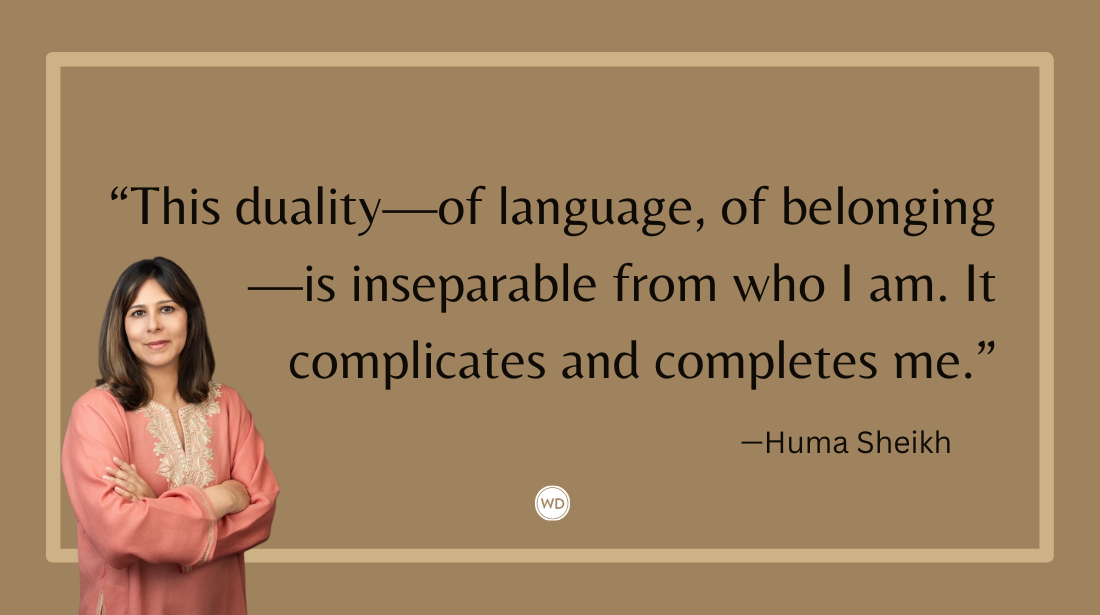Why I Write Poetry: Steve Cushman
Several weeks ago, I posted about “Why I Write Poetry” and encouraged others to share their thoughts, stories, and experiences for future guest posts. I’ve already received so many, and…
Several weeks ago, I posted about “Why I Write Poetry” and encouraged others to share their thoughts, stories, and experiences for future guest posts. I’ve already received so many, and I hope they keep coming in (details on how to contribute below). Thank you!
Today’s “Why I Write Poetry” post comes from Steve Cushman, who says, “I don't see a poetry-less time in my future, because as long as I'm writing, I'm breathing and living and trying like always to get it down on the page, to get this work done.”
Steve Cushman received his MFA from UNC-Greensboro and has published six books, including two poetry chapbooks, Hospital Work and Midnight Stroll. His most recent work is the novel, Hopscotch.
*****
Master Poetic Forms!
Learn how to write sestina, shadorma, haiku, monotetra, golden shovel, and more with The Writer’s Digest Guide to Poetic Forms, by Robert Lee Brewer.
This e-book covers more than 40 poetic forms and shares examples to illustrate how each form works. Discover a new universe of poetic possibilities and apply it to your poetry today!
*****
Why I Write Poetry: Steve Cushman
is the same reason I write anything, to understand the world and my place in the world. I write because when I write I feel better, feel like I am connected to this thing I am supposed to be doing.
When I sit down to write, I don't consciously think, well let me see what I know about the world, but what I write approaches this, takes me toward that understanding I'm seeking.
I'd been writing fiction for about 20 years, when I started writing poetry six years ago. The reason I began writing poetry is laughable: I thought it'd be easier than fiction. Let me explain. What happened was I changed jobs and this new job was kicking my butt, which meant that my usual 60-90 minutes a day of writing time had been compressed to about 30 minutes on a good day.
So, I figured, let's write some poetry. Of course, as most new poets, the poetry was bad and of course 30 minutes wasn't enough, but it was something, and what I found was that poetry invited me to write about things I'd seen in my healthcare career and the challenges of being a father. These were subjects, I realized, I'd been skirting in my fiction.
But poetry, and the brevity it promised as opposed to spending 300 pages writing about an X-Ray Tech who wants to be anything but an X-Ray Tech, allowed me to write about these things. Sure, the poetry was not pretty, but it was some writing, and in the writing of this new form I discovered a side of my writing life I never knew existed.
When my first chapbook, Hospital Work, about my years working in healthcare, was published, I ran into one of former professors. She told me her husband read my book and started to cry because he loved it and it reminded him of his days working at a hospital.
It feels good when someone tells you something you wrote means something to them. We write alone, but we also write to connect with other people. While we're writing to understand our place in the world, it helps to remember that many readers also read to understand their place in the world. And when you're somehow the conduit for a little bit of grace you feel pretty lucky.
Now I'm writing both poetry and fiction again, depending on the day and the particular project. I no longer think of the two things as opposites, but one in the same. This is what I've learned is important: to sit down and do the work, regardless of the form. I'll be forever grateful for poetry and what it offered me when I needed it. I don't see a poetry-less time in my future, because as long as I'm writing, I'm breathing and living and trying like always to get it down on the page, to get this work done.
*****
If you’d like to share why you write poetry, please send an e-mail to robert.brewer@fwmedia.com with a 300-500 word personal essay that shares why you write poetry. It can be serious, happy, sad, silly–whatever poetry means for you. And be sure to include your preferred bio (50-100 words) and head shot. If I like what you send, I’ll include it as a future guest post on the blog.
*****






